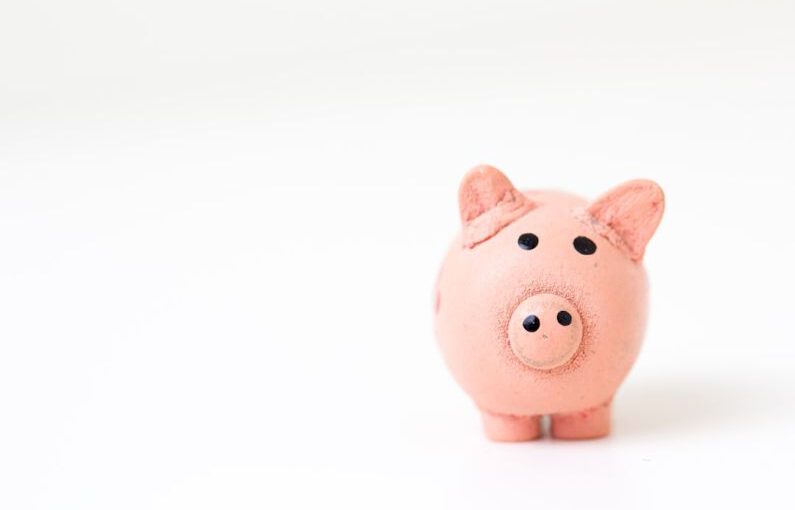Handmade shoes have always held a certain allure and charm that mass-produced footwear simply cannot match. From the meticulous craftsmanship to the quality of materials used, handmade shoes exude a sense of luxury and exclusivity that comes with a higher price tag. But have you ever wondered why handmade shoes are more expensive than their factory-made counterparts? Let’s delve into the reasons behind the higher cost of handmade shoes and explore what sets them apart from the rest.
The Art of Craftsmanship
At the heart of every pair of handmade shoes is the art of craftsmanship. Skilled artisans spend hours honing their craft, meticulously cutting, stitching, and shaping each shoe by hand. Unlike mass-produced shoes that are churned out by machines in a matter of minutes, handmade shoes are a labor of love that requires time, patience, and expertise. Every stitch, every detail is carefully considered and executed with precision, resulting in a product that is not only beautiful but also durable and long-lasting.
The Process of Perfection
The process of making handmade shoes is a time-consuming one that involves multiple steps and careful attention to detail. From selecting the finest leathers and materials to hand-lasting and hand-sewing each component together, every stage of the shoemaking process is carried out with precision and care. Unlike factory-made shoes that are often produced in large quantities with little regard for quality, handmade shoes are crafted in small batches, allowing for greater attention to detail and a higher level of quality control.
The Quality of Materials
One of the key factors that contribute to the higher cost of handmade shoes is the quality of materials used. Artisans who craft handmade shoes often source the finest leathers and materials from reputable suppliers, ensuring that each pair of shoes is made to the highest standard. These premium materials not only look and feel luxurious but also contribute to the overall durability and longevity of the shoes. In contrast, factory-made shoes are often made with lower-quality materials to keep production costs down, resulting in shoes that may wear out quickly and need to be replaced more frequently.
The Personal Touch
When you purchase a pair of handmade shoes, you are not just buying a product – you are investing in a piece of art that has been lovingly crafted by hand. Many shoemakers offer custom-made options, allowing customers to choose the style, color, and details of their shoes to create a truly unique and personalized piece. This level of customization and attention to detail adds to the exclusivity and value of handmade shoes, making them a coveted item for those who appreciate fine craftsmanship and individuality.
The Ethical and Sustainable Choice
In an age where fast fashion and mass production dominate the market, handmade shoes offer a more ethical and sustainable alternative. By supporting artisans and small businesses that produce handmade shoes, you are contributing to the preservation of traditional craftsmanship and helping to sustain local economies. Handmade shoes are often made in small workshops or studios, where artisans are paid fair wages and work in safe and ethical conditions. Additionally, because handmade shoes are made to last, they are less likely to end up in landfills, making them a more environmentally friendly choice in the long run.
In conclusion, the higher cost of handmade shoes can be attributed to a combination of factors, including the art of craftsmanship, the process of perfection, the quality of materials, the personal touch, and the ethical and sustainable practices involved in their production. While handmade shoes may come with a higher price tag, the value and quality that they offer make them a worthwhile investment for those who appreciate fine craftsmanship and desire a unique and exclusive footwear option.





